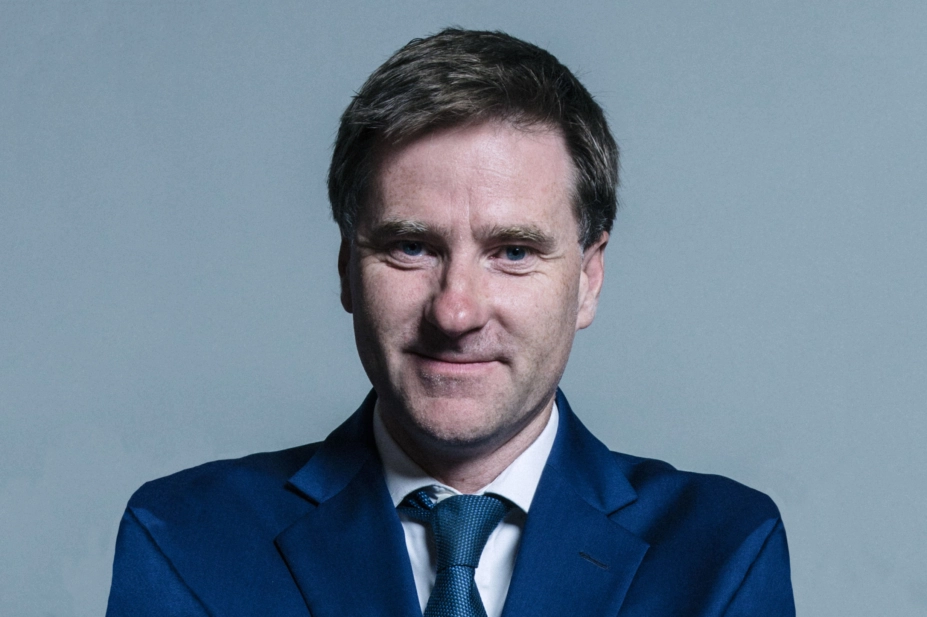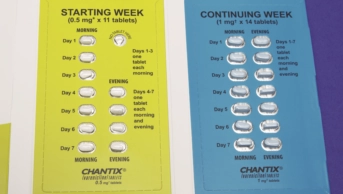
Wikipedia / Chris McAndrew
Pharmacy minister Steve Brine has said he would consider suggestions to use cigarette packets as a vehicle for the promotion of e-cigarettes.
The proposal was put to the minister by MP Stephen Metcalfe at a House of Commons Science and Technology Committee hearing on e-cigarettes.
Brine was giving evidence along with representatives from the Department of Health and Social Care (DHSC), Public Health England (PHE), the National Institute for Health and Care Excellence and the Medicines and Healthcare products Regulatory Agency.
Tim Baxter, director of healthy behaviours at the DHSC, told the committee that under current legislation it is illegal to put promotional material into cigarette packs, but he agreed with Brine that it was something the government should look into further.
“It’s an interesting point, let me think about it,” Brine told MPs. “In a time of tight resource it’s a very direct message.”
Also discussed at the meeting were inconsistencies seen in smoking cessation services commissioned by local authorities across England. Brine defended the variation and said it should remain up to councils to decide how the £16bn allocated to public health should be distributed.
“Prevalence of smoking is different across country and local authority smoking cessation services are different across the country for a reason,” he said.
Baxter said PHE works closely with local authorities across the country to provide advice on best practice and make it clear to local leaders if they are doing a good job or not.
“If they’re not doing well they have to account locally for their decisions,” he said.
Brine told the committee it was key to continue building a robust evidence base around e-cigarettes so that it will become “a no-brainer” for local authorities to make the decision to promote them as a smoking cessation aid.
Committee chair, Norman Lamb, pointed out that despite smoking being the single biggest cause of inequality of life expectancy for people with severe mental health conditions, it has been shown that only a third of NHS mental health trusts had banned e-cigarettes within their organisations.
Brine said it did not surprise him, and again stated that it was up to the individual trust, as an independent legal entity, to decide their policy, and that trusts were not short of guidance to inform their decisions. However, he added that he was “certainly not relaxed about this” and referred to the government’s tobacco control plan, which identifies mental health patients as a particularly at-risk group. He described the group as “low-hanging fruit” for smoking cessation and said it was key to make every contact count.
“To get smoke-free, it’s about trusts ending the culture around smoking — cigarette smoking is seen as a reward where individuals will interact in a way they wouldn’t otherwise,” said Brine.
“Very few people are permanent inpatients — they soon become outpatients — but, is that an opportunity to talk to them about the benefits of e-cigs? Absolutely.”
The committee also asked Brine about snus — a moist powder tobacco product currently banned across the EU but legal in Sweden, where smoking rates are the lowest in Europe. Brine said that once the UK leaves the EU, he would maintain an open mind regarding lifting the ban on Snus.
“Brexit does give us more room for manoeuvre, it’s a take back of control,” he said.


